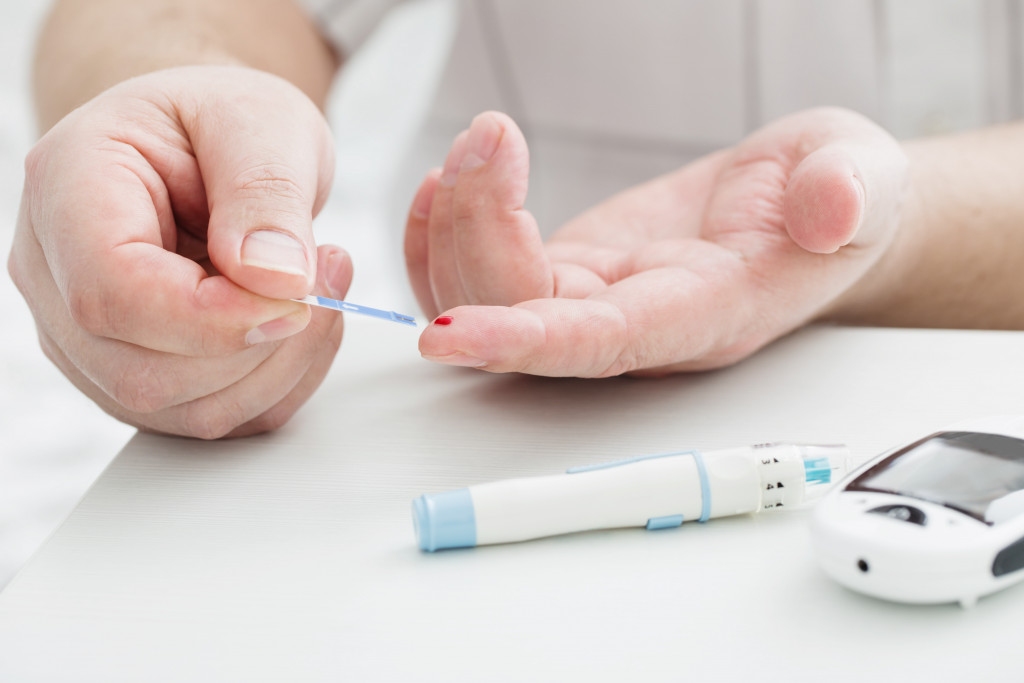Your health is more than just the absence of sickness. It’s a state of physical, mental, and emotional well-being. And while you may not always be able to control what happens to you, you can control how you react to it.
The idea that your physical and mental health are linked is known as the mind-body connection. The two are intertwined, and one can’t be separated from the other. When you’re physically healthy, you’re more likely to be mentally and emotionally healthy, too. And when you’re physically sick, your mental health can suffer.
The mind-body connection works both ways. Here’s a look at how the mind-body connection works and some ways your physical health can affect your mental health.
1. If you’re happy, you’re more likely to be healthy.
When it comes to your health, your state of mind matters just as much as your physical condition. Numerous studies have shown that happy and positive people tend to be healthier than those who are unhappy. This is because happiness helps to boost the immune system, lower stress levels, and improve heart health.
Additionally, happy people are more likely to take care of their bodies and make healthy choices. They are more likely to eat right, exercise regularly, and get enough sleep. So if you want to improve your health, focus on improving your mood. Surround yourself with positive people, do things you enjoy, and find ways to laugh and relax daily. By cultivating a happy outlook, you can also significantly improve your physical health.
2. Good looks can boost confidence and self-esteem.
When it comes to self-confidence, studies have shown that appearance matters. While it’s important not to put too much emphasis on external appearances, there is no denying that looking your best can have a positive impact on your self-esteem and confidence.
If you’re getting ready for a job interview, you want to look presentable. So if you think you need an upgrade, there’s no shame in getting a new haircut or trying a new clothing style. Even your smile can make a difference. Searching for the best and most affordable dental implants may be an investment for some, but it can boost your self-esteem. These upgrades can help you land a job since they can make you more confident.
So if you’re unhappy with how you look, don’t be afraid to make a change. It could do wonders for your self-esteem and confidence. Just remember not to go overboard. The goal is to look and feel your best, not to meet someone else’s standards.

3. Your gut health affects your mental health.
You may not realize it, but your gut and mental health are connected. This is because the gut is home to most of our body’s serotonin, a neurotransmitter that plays a role in mood and happiness. If your gut health is poor, it can affect your mental health.
Studies have shown that people with gastrointestinal disorders like irritable bowel syndrome (IBS) are more likely to experience depression and anxiety. So if you’re already struggling with your mental health, taking care of your gut is essential.
Some simple ways to improve gut health include eating probiotic-rich foods, avoiding processed foods, and reducing stress. By taking care of your gut, you can also improve your mental health.
4. Physical activity can improve mental health.
We all know that exercise is good for our physical health. But did you know that it’s also good for our mental health? Numerous studies have shown that regular physical activity can improve mental health, reducing stress, anxiety, and depression.
Exercise releases endorphins, which have mood-boosting effects. So if you’re feeling down, a workout can help to improve your mood. Exercise can also help to reduce stress by providing a distraction from stressful thoughts and giving you a way to release pent-up energy. Additionally, regular exercise can help to increase self-esteem and reduce anxiety.
If you’re struggling with your mental health, try adding some physical activity to your daily routine. Even a moderate amount of exercise can make a difference. And for best results, aim for 30 minutes of exercise most days of the week.
5. Anxiety can cause physical symptoms
If you think that anxiety was only in your head? You’re wrong. Anxiety can cause physical symptoms, too. This is because anxiety activates the body’s stress response, leading to various physical symptoms, including increased heart rate, rapid breathing, sweating, and tension. Anxiety can also worsen existing health conditions. So if you have conditions like asthma, gastrointestinal disorders, and headaches, anxiety might exacerbate them.
If you’re struggling with anxiety, it’s important to seek help. Many effective treatments are available, including therapy, medication, and relaxation techniques. You can improve your physical and mental health by getting treatment for your anxiety.
The mind-body connection is a two-way street. That’s why it’s essential to take care of both your body and your mind. You can also support your mental health by paying attention to your physical health and making lifestyle choices that promote wellness. And when you take care of your mental health, you’re more likely to be physically healthy.



